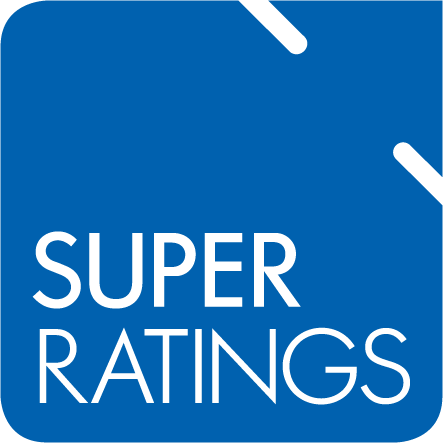When was the last time you had a proper look at your finances?
Coronavirus and the associated economic fallout has seen record unemployment, social upheaval, and all the uncertainty that comes with it. Which means plenty of people are looking for ways to cut back on unnecessary expenses.
The good news is you probably have options. Whether it’s your mortgage, health insurance, or other commitments, shopping around can help you save money. Here’s how to get started.
Your mortgage is negotiable
Many banks offered a temporary pause on home loan repayments as the coronavirus hit and the unemployment rate soared. For those customers who took up the offer, most mortgage repayments are scheduled to resume in September. So now might be a good time to shop around and find a better offer.
A record-low cash rate has seen mortgage rates tumble in recent years. The RBA recently undertook a study which shows that customers pay a loyalty tax, meaning that people who took out their loans only a few years ago may be paying significantly more than new customers.
The official cash rate is now just 0.25% (down from 1.5% a little over one year ago). That drop has had a significant impact on interest rates, so it’s worth comparing prices and shopping around.
All of this is good news for customers looking to refinance their loans. And the bottom line is you could potentially save thousands of dollars annually by asking your bank for a better rate, and taking your business elsewhere if they can’t provide a competitive number.
More information on the cost of switching and the questions to ask can be found on the government’s MoneySmart website.
Are you using your health insurance?
Health insurance tends to provide a lot of associated services. It might be discounted gym services, a certain number of massage treatments, or other perks. But the reality is you’re probably not using most of these services during the coronavirus lockdown. So why should you be paying for them?
Increased market competition means most health funds are willing to negotiate with their clients. That means you can ask to pay a discounted rate until those perks and benefits you’re paying for are open and available once again.
Some health funds have postponed any rate rises for 12 months in response to the coronavirus and have expanded member coverage to include COVID-19 related hospital admissions at no additional cost. Whether that offsets the cost you’re currently paying is something everyone will have to weigh up themselves, but contacting your provider and asking for a better deal is a great place to start.
Before cancelling your health insurance you’ll need to consider a number of factors, including both your health and potential tax implications. Choice magazine provides a good health insurance summary and the questions you should be asking.
When was the last time you drove anywhere?
Has your car sat idle for the last few months? With many Australians working from home and limiting their travel, there’s a good chance your car hasn’t been getting much use. Which is another opportunity to save some money.
Many car insurance companies are offering discounts for people working from home. While it varies from company to company, a 15%-20% discount or a three-month waiver seem to be the standard.
According to Canstar, the average annual insurance for a 30-49-year old in Australia is around $1200 per year. A 20% discount will save you over $200. And while that might not change your life, if you’re looking to cut costs it’s an easy way to help the budget stretch a little further.
Credit cards and other expenses
In response to Coronavirus banks and other credit institutions have been looking at ways to assist impacted customers. Waiving late payment charges and reducing minimum payments have been two of the most common policies implemented.
Many banks are also offering three-month deferments on credit card payments. These are generally available upon application, and usually include a pause on using your card throughout this period.
If you find yourself juggling a number of credit cards or smaller debts than consolidating the loans can help you minimise interest payments and concentrate on reducing the outstanding out.
Looking forward
Re-evaluating your personal finances and ensuring you’re getting the best deal available can help provide a sense of certainty in an uncertain world.
Whether it’s your home loan, insurance, or credit card debts, financial institutions are competing for clients and offering a range of payment options and deals to help their members through this unprecedented period.
Dedicating an afternoon to reviewing your financial position can potentially save you thousands in interest and associated payments. That’s something we can all benefit from during these difficult times.










